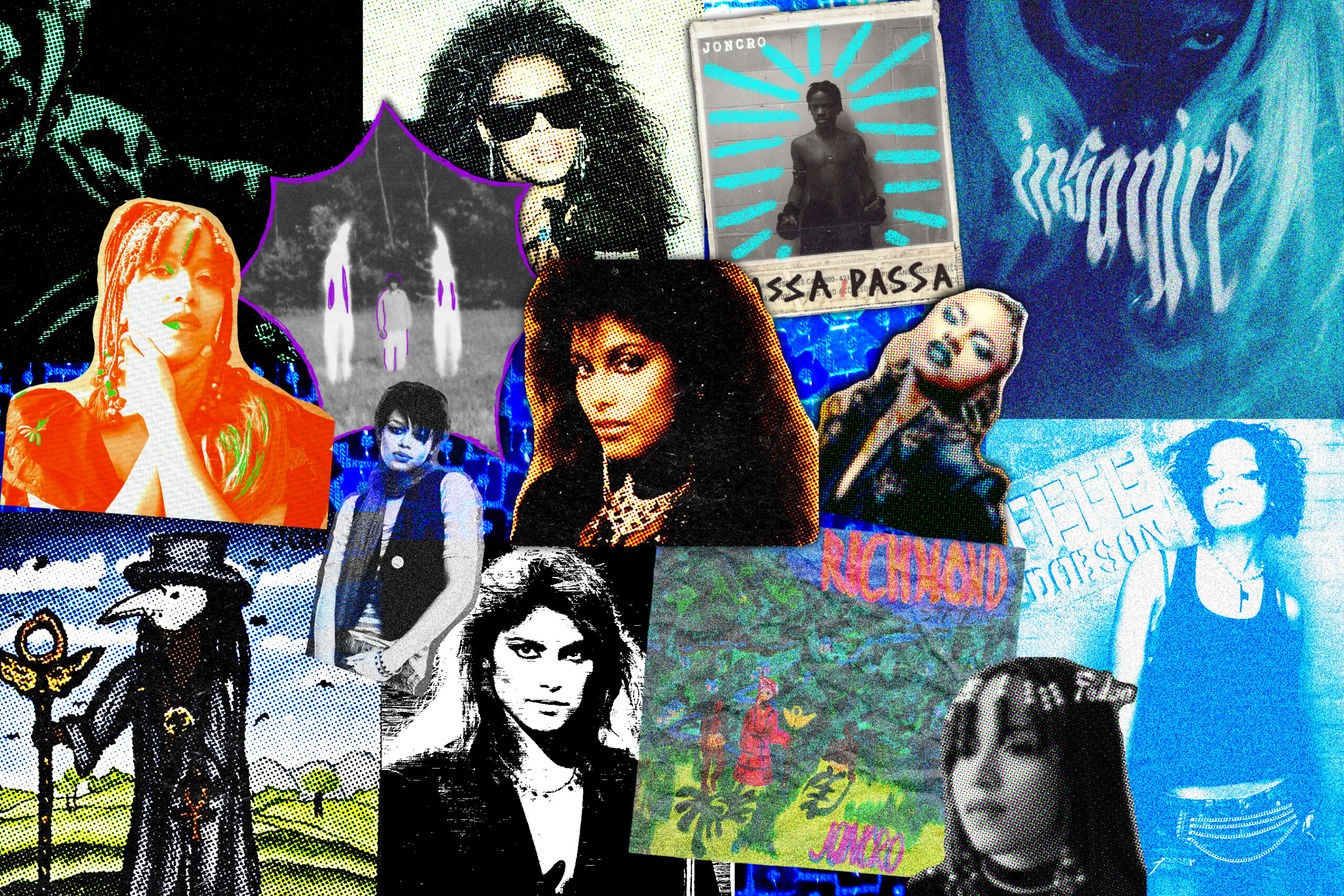Prime Minister Justin Trudeau just became the first world leader to appear on a Drag Race show, but why?
By: Sarah Grishpul

In the second episode of Canada’s Drag Race: Canada vs. the World, another Canadian incarnation in the American RuPaul’s Drag Race franchise, Prime Minister Justin Trudeau made a quick appearance in the ‘werkroom’ to offer words of encouragement to the contestants and to speak on queer allyship.
During the three-minute segment, Trudeau was particularly charismatic as he preached to the queens on Canadian diversity and how the country is determined to be at the forefront of inclusivity and positive change concerning LGBTQ rights.
“We do diversity better than just about any other place in the world,” said Trudeau. “It doesn’t matter what your background is, where you’re from, who you love. You enrich this place.”
Drag Race has had a profound cultural impact on a global scale, making drag more accessible for audiences while destigmatizing the queer and trans community for people living in countries like the U.S., the U.K. and Brazil, who each have their own versions of Drag Race.
Andrea Houston, a queer media professor at Toronto Metropolitan University (TMU), says that this reality TV competition franchise is one of the most important LGBTQ pop culture outlets in the world.
“It is doing so much to give queer people in other countries not only an escape, but representation that is probably not completely accurate, but is inspiring for a lot of people,” said Houston.
This televised appearance was celebrated for being the first time a world leader has been on a Drag Race set. Previous installments of RuPaul’s Drag Race have only ever brought in American politicians like Nancy Pelosi and Alexandria Ocasio-Cortez. The segment concluded on an emotional beat with the queens reflecting on how inspiring the prime minister was in driving forward LGBTQ rights.
“I love him so much because people like him made it easy for immigrants to migrate here and have a chance for a better life,” said contestant Stephanie Prince in the episode. “So, seeing him being here is so nice.”
“I’m not from Canada, but to hear a politician speak so passionately and genuinely about that is just so heartwarming,” expressed another contestant, Victoria Scone, in the episode.
While Trudeau has been praised by the queens for his allyship, citing his involvement during the pride parade and vocal advocacy towards queer rights, the segment fails to paint a complete picture of the objective truth.
“The message that Canada is a sanctuary for queer people facing persecution, that’s accurate, but it’s not the full story,” said Houston. “Canada’s not a utopia.”
Audiences should regard reality television with a critical eye, as it operates to influence viewers through a heavily edited and censored narrative. The segment itself is entirely one-sided, treating Trudeau as an LGBTQ hero without leaving room for political discourse.
“We have so many issues that could be solved by a majority liberal government that disproportionately impact queer and trans people,” said Houston. “Unfortunately, I’m just not seeing it from him.”
Houston encourages queer viewers to look critically at politicians and what political gains can be achieved from this Drag Race debut. For as much as Trudeau has been an ostensible figurehead for queer allyship, there still is a lot more he should be doing for the queer community.
While Trudeau has been praised by the queens for his allyship…the segment fails to paint a complete picture of the objective truth.
Rather than appearing on Drag Race and speaking on what it is like to be a queer ally, Houston would prefer that the Prime Minister use his power to tackle the ongoing issues harming queer communities in Canada.
Canada is currently under a majority liberal government, meaning that Trudeau could be doing more to support prevalent issues like Bill C-36: The Protection of Communities and Exploited Persons Act and HIV criminalization laws.
During his campaign, Trudeau promised to repeal the laws implemented in Bill C-36, as Canadian sex workers have argued that it complicates and endangers their lives by restricting and criminalizing certain aspects of sex work. Yet, Houston points out that he has barely talked about it.
The same goes for HIV criminalization laws where a person could be persecuted under Canadian law for not disclosing their HIV status. These laws stigmatize people with HIV, especially LGBTQ people who are marginalized for their sexuality. Despite promising to revoke the law once elected as prime minister, Trudeau has made no further steps to rescind them.
“I really think that the Canadian public, queer people, LGBTQ people, people who care about justice, should maybe question this appearance on Drag Race and maybe ask some deeper questions about what it means, what it’s doing, who [it is] benefiting,” said Houston.
“Is it benefiting queer people in Canada and around the world? It’s not for me to say, but we know it’s for sure benefiting the government,” she elaborated.
According to Houston, Trudeau’s appearance on Drag Race Canada could likely be interpreted as an example of pinkwashing and homonationalism, meaning he’s using the queer community to push the government’s nationalist agenda.
‘Homonationalism’ was first coined in 2007 by Jasbir Puar, a queer theorist who proposed that a country’s capacity for national sovereignty is evaluated by how tolerant and accepting they are–or pretend to be–towards their 2SLGBTQIA+ communities.
Nations like Canada are celebrated for being progressive while Trudeau’s Liberal government can maintain the support of the queer community through these publicized and glamourized appearances.
“How many gaps in the system are there that could easily be filled with one piece of legislation on his part,” Houston said. “There’s so much that could be done to relieve people’s suffering.”




